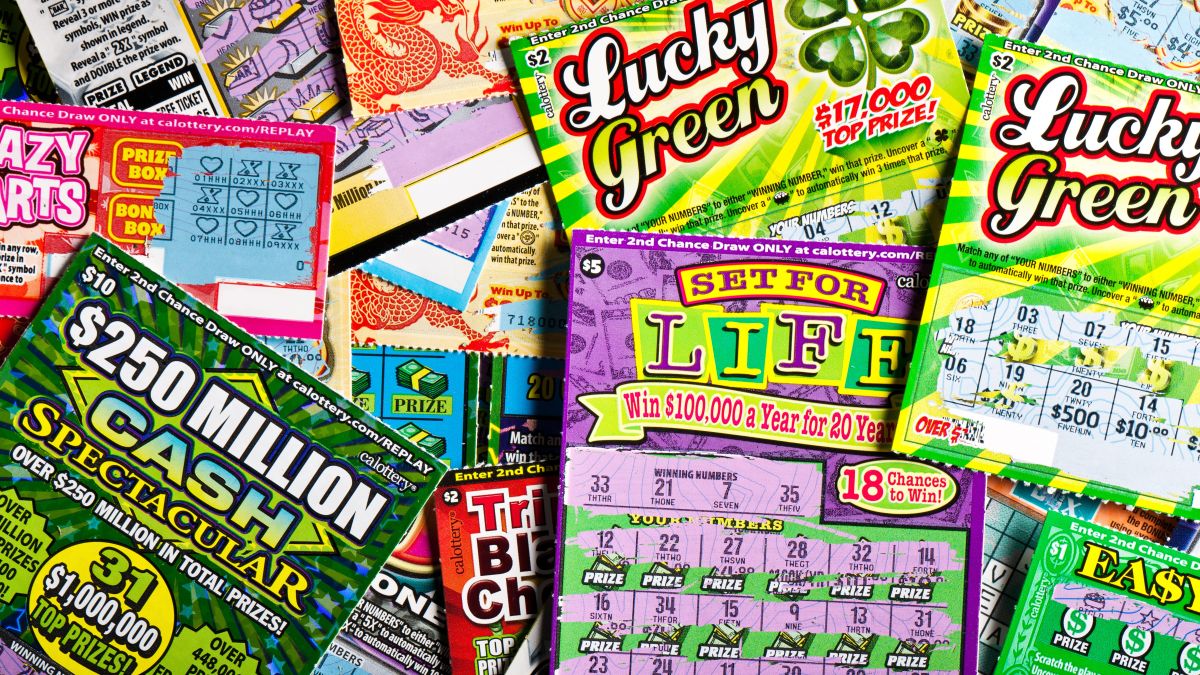It’s autism awareness month across the globe, and whilst plenty of organizations have devoted themselves to raising awareness regarding autism, the symbol chosen for the cause has caused some controversy.
According to various online sources, back in 1963, the puzzle piece was chosen by the National Autism Society in the U.K. as a symbol for autism. Since then, it’s been adopted by numerous charities and organizations worldwide, most notably, Autism Speaks, an American organization focused on raising awareness for the developmental disorder.
Originally, the piece of the puzzle was reportedly intended to symbolize the uniqueness of individuals with autism, and to represent the importance of inclusivity in society. It has now become recognized worldwide as a symbol for the awareness of autism. That being said, that’s not all the puzzle piece means and choice to use it has caused a bit of a controversy considering the implications.
Why is the puzzle piece so controversial?
In an article titled “Autism no puzzle, nothing wrong with us” from Altogether Autism, a New Zealand-based nonprofit dedicated to offering health and disability information, author Paula Jessop writes about the damaging effect that Autism Speaks campaigns have, pointing out that “autistic people find the puzzle piece a reminder of an organisation that spent years running very public campaigns in America that framed autism as a tragic disease.”
The organization’s approach feels more like it’s trying to eradicate autism rather than actually help people, and obviously the connection between Autism Speaks and the symbol of the puzzle piece it adopted has left a bad taste in people’s mouths. Back in the mid 2000’s there were even numerous ads from the organization that caused offense by suggesting that autism is a curse or that it ruins families. TikToker Saranne_wrap made a short TikTok calling out Autism Speaks as well as claiming that “the autistic community is no longer claiming the puzzle piece.”
What the puzzle piece implies
It’s also got a lot to do with what the puzzle piece implies; after all, what ideas do you associate with the symbol of a puzzle piece? The idea that something is missing, incomplete, or needs solving? You can see why these associations could be seen as offensive towards people with autism. Furthermore it pushes a stigma against autistic people whilst simultaneously infantilizing them with the puzzle piece undermining a person’s autonomy and individuality as a person.
Intentional or not, for many, the puzzle piece is no longer a valid symbol for autism awareness. It’s become associated with an organization that seemingly doesn’t have the best interests of autistic people in mind, whilst seemingly implying that autistic people are somehow incomplete, missing something, or need fixing. However, there are other symbols for autism that have been used in the past, such as the infinity symbol, which has been gaining popularity recently.











Published: Apr 2, 2024 01:40 pm